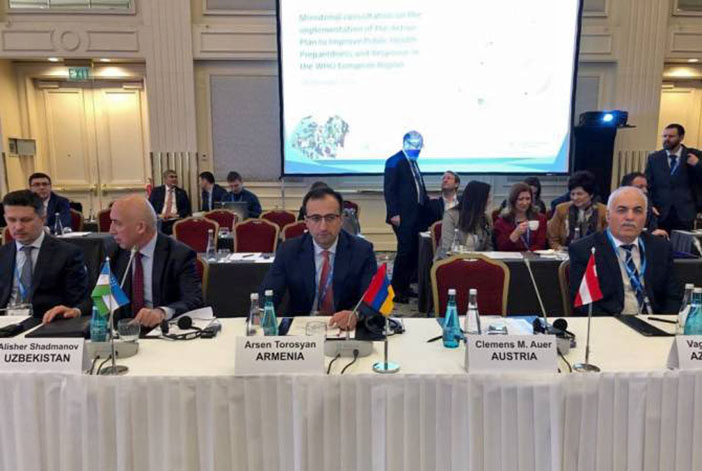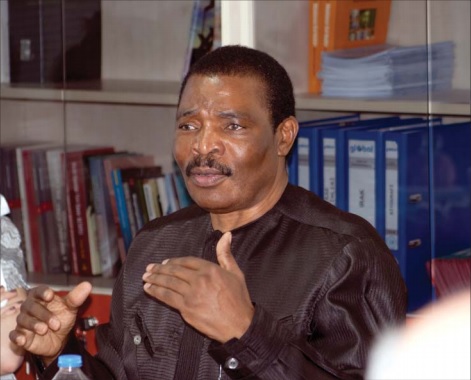A workshop with international participation was organized recently on “Rethinking Turkey’s Role in the Balkans”, by the International Strategic Research Organization (USAK) with the cooperation of the British Institute in Ankara. As it is to be observed currently that the European Union has established its eastern borders of the Balkans, leaving Turkey outside, every activity and event reviewing Turkey’s close relations with the Balkans is a welcome and attention drawing development. Therefore, Center for Eurasian Studies (AVIM) owes a debt of gratitude to all those who have contributed to the realization of this event. One major observation regarding the handling of the issue in the workshop is that rather than addressing Turkey as a Balkan country, the starting point of the forum was to survey the future of the relations of Turkey, having undeniable, deeply rooted ties in the Balkans, with the Balkan countries. This approach has nevertheless been beneficial in providing clues to the Balkans and Turkey from the EU’s general perspective. An element of distortion inevitably reveals itself in this perspective when addressing the natural close relations of Turkey with the Balkan countries, whose ingrained ties cannot be ignored on the one side while the adopted policy of the EU, the centripetal attraction for the Balkans, is to keep her outside. As a result of such an approach, Turkey’s interest in the Balkans can be taken outside the context of being a country of the region and thus can be linked to goals of intervening in the region as an external power. In this mindset, rather than assessing Turkey’s likely contributions to the Southeast European Cooperation Process (SEECP) which Turkey has always promoted and tried to develop, concern can be voiced of the intention to draw the Balkan countries to its orbit through its developing economic power. Likewise, when its belonging to the Balkans is ignored, the concern could be voiced that the activities of the Turkish Investment and Coordination Agency (TIKA) and the Directorate of Religious Affairs are to try to assume the patronage of the Balkan Muslims and Turkey to use its soft power for political ambitions. However, as personally expressed by the Deputy Foreign Minister in the meeting, when approaching the issue from the aspect of history, geography, political facts, cultural connections, economic difficulties and the millions of Turks living in the Balkans, Turkey is indispensably a Balkan country and cannot have any other choice but to pursue an active policy towards the region. It is a mistake to try to detach Turkey from the Balkans. It is a loss for Turkey, for the Balkan countries, for the European Union. At a time when the political and economic gravity of global relations shifts towards the east, to the continent of Asia, when considering the potential of contribution of Turkey to the region and to the European Union, located at the nexus of Eurasia and apart from Russia, providing the only geographical and physical Asian connection for the EU, this mistake becomes all the more clear and it also becomes more difficult to explain the persistence on this mistake in terms of rational thinking.
© 2009-2025 Center for Eurasian Studies (AVİM) All Rights Reserved
 ARMENIAN CLAIMS DISMISSED BY THE EUROPEAN COURT OF HUMAN RIGHTS
ARMENIAN CLAIMS DISMISSED BY THE EUROPEAN COURT OF HUMAN RIGHTS
 BOOK REVIEW: THE ARARAT ILLUSION – DAVID D. MINIER
BOOK REVIEW: THE ARARAT ILLUSION – DAVID D. MINIER
 ATTEMPTS AT DIASPORIZING TURKISH ARMENIANS – III
ATTEMPTS AT DIASPORIZING TURKISH ARMENIANS – III
 PASHINYAN’S SHIFTING STATEMENTS
PASHINYAN’S SHIFTING STATEMENTS
 A COMMENTARY FROM NAMIBIA ABOUT THE GENOCIDE DEBATE
A COMMENTARY FROM NAMIBIA ABOUT THE GENOCIDE DEBATE




























